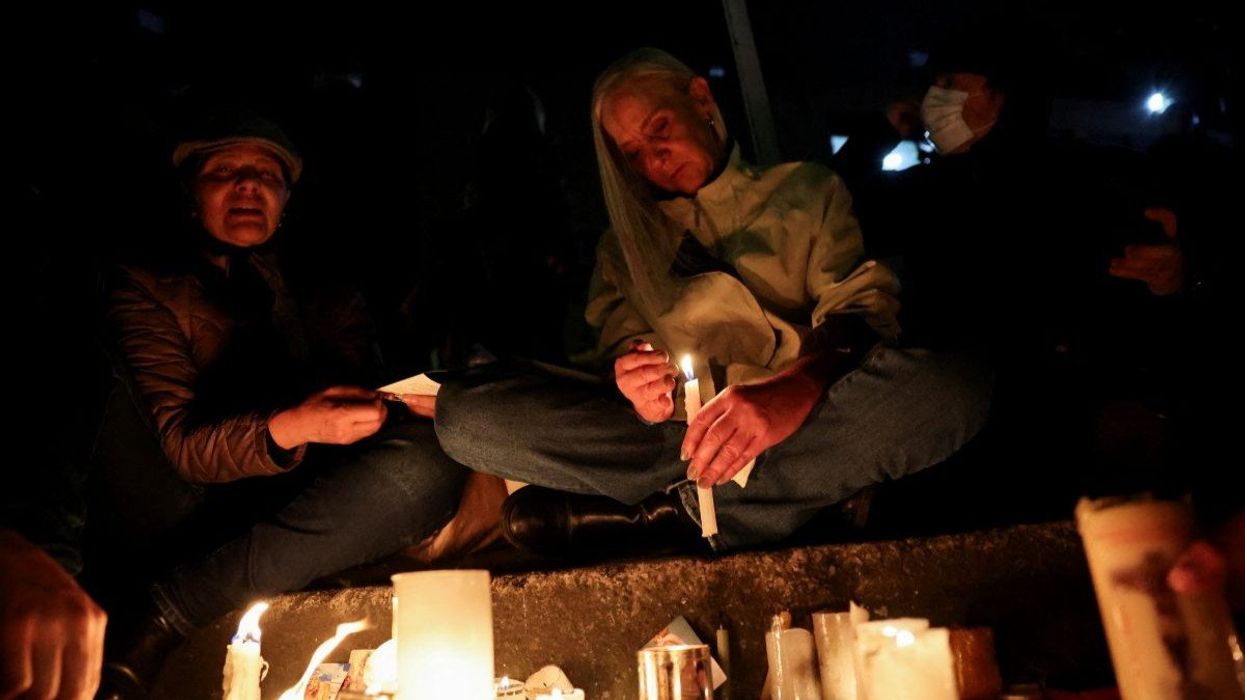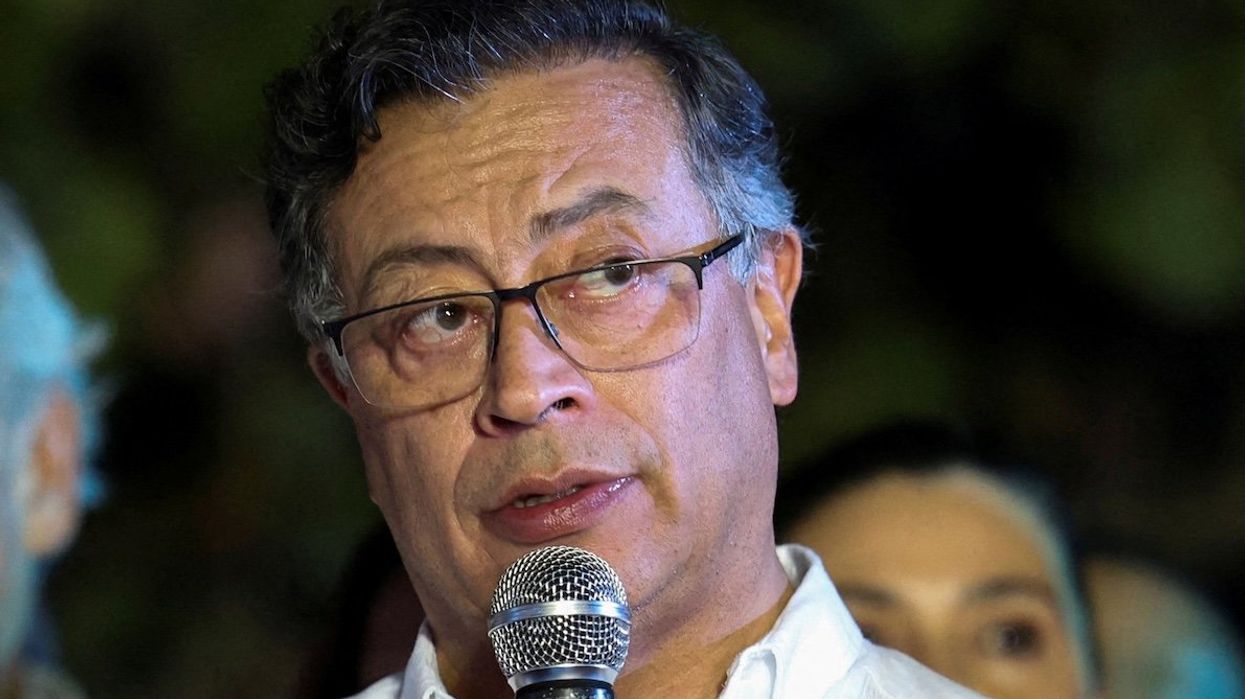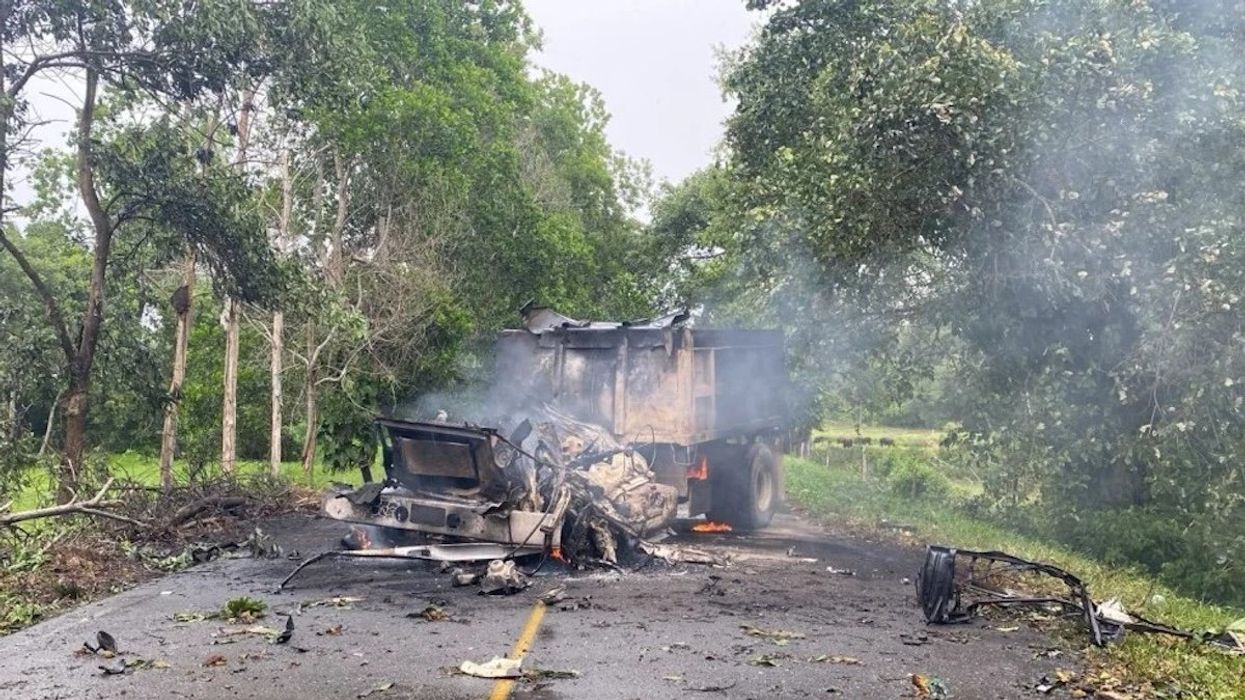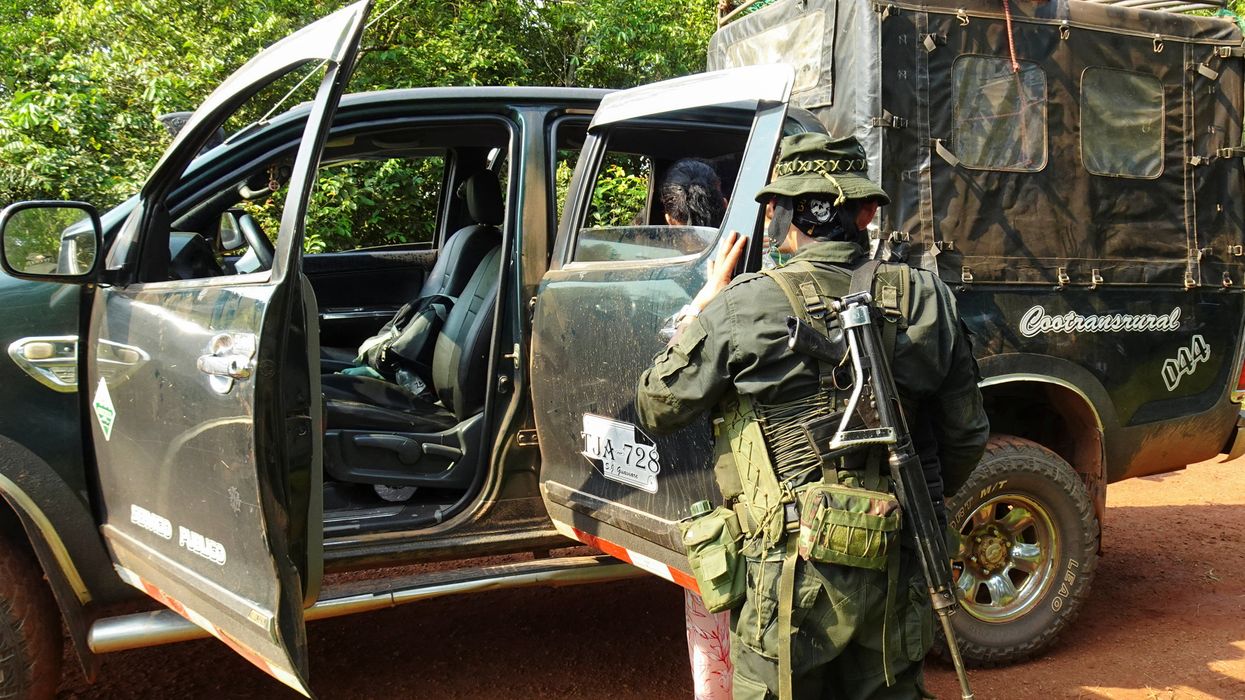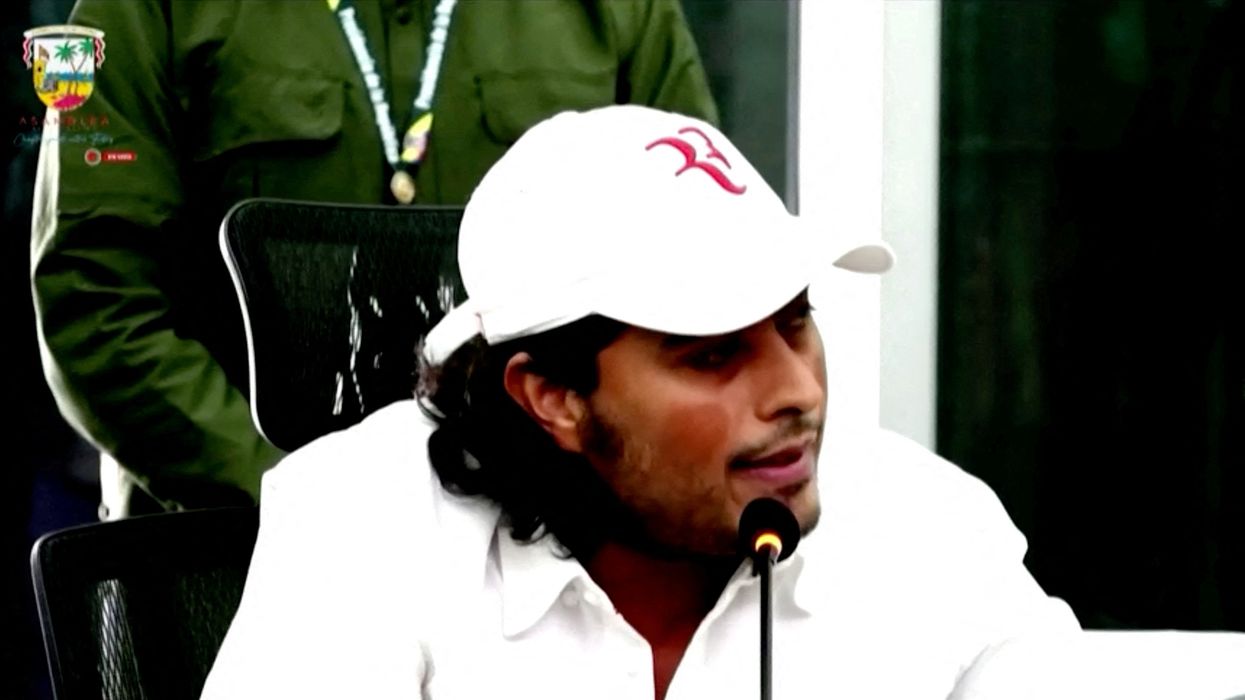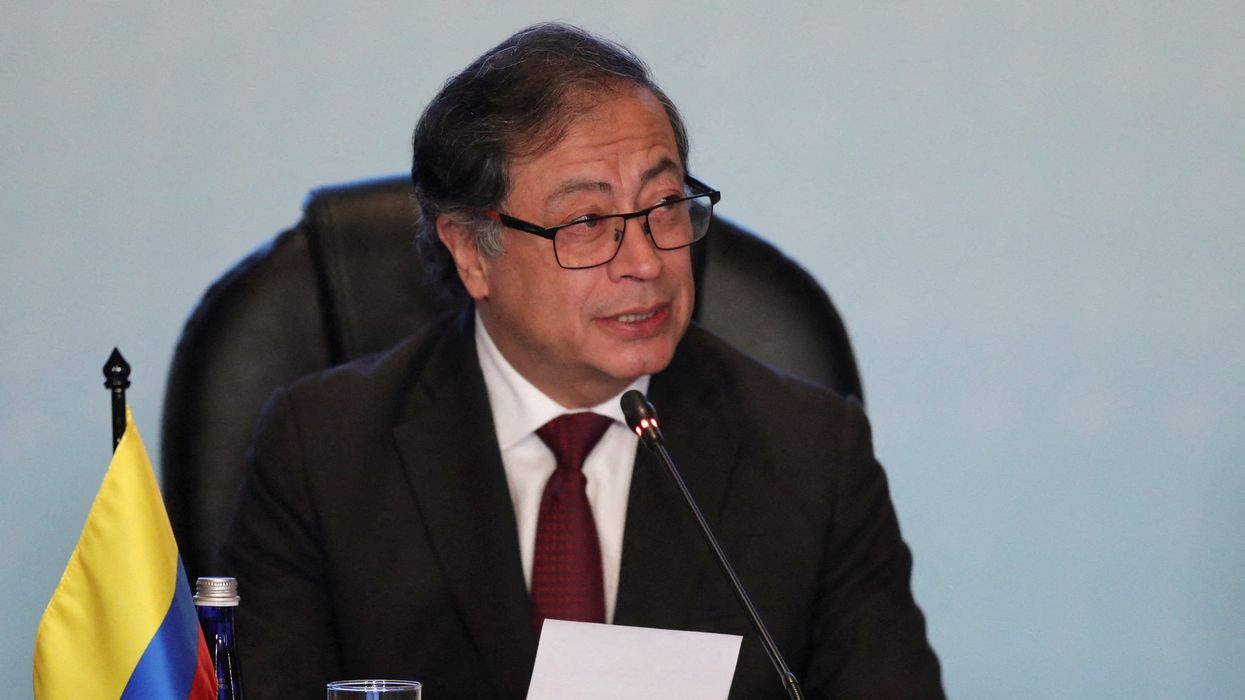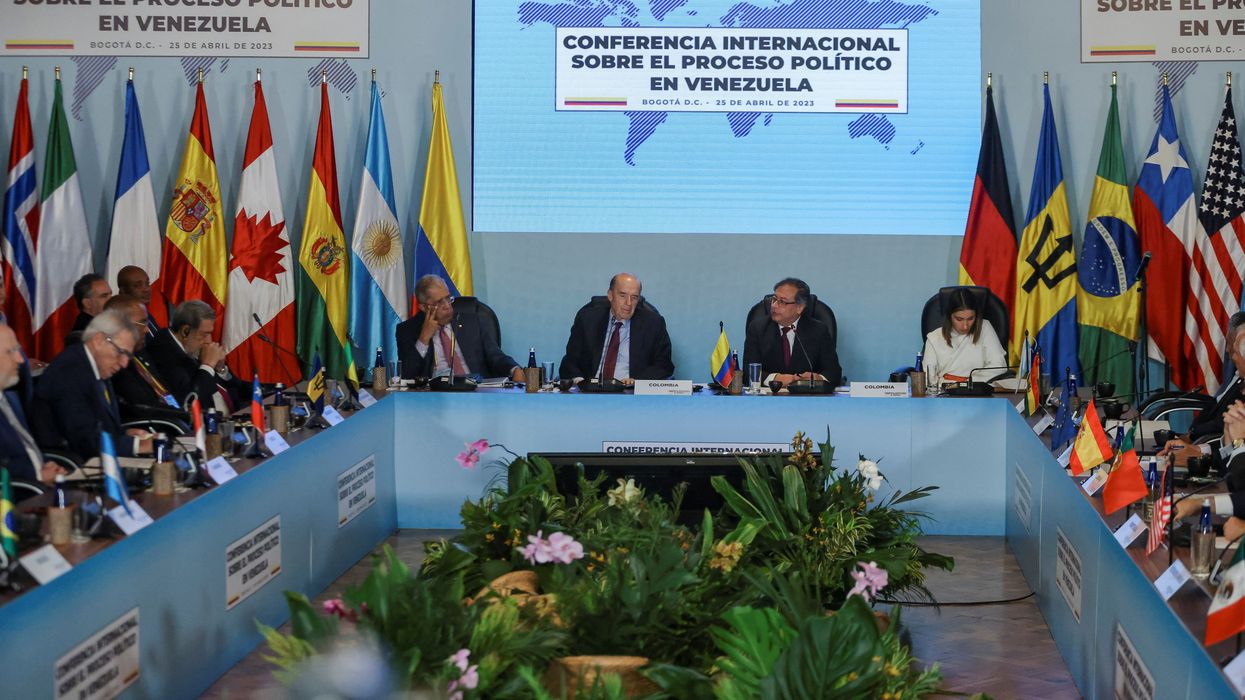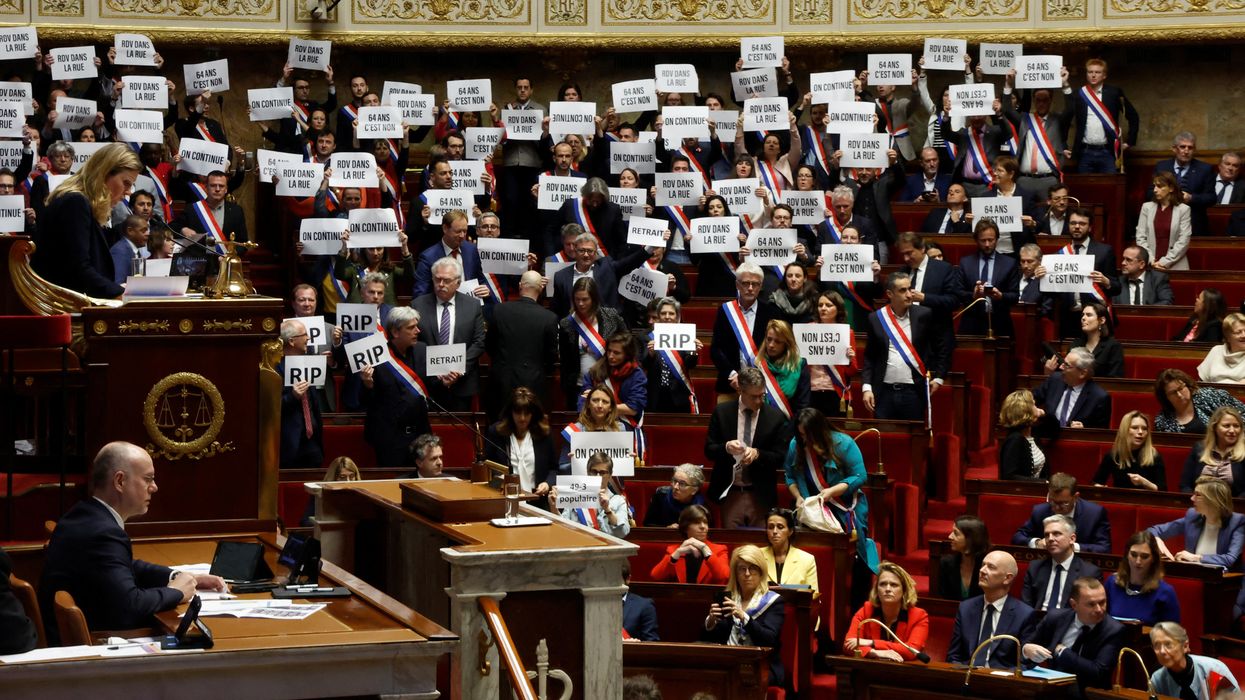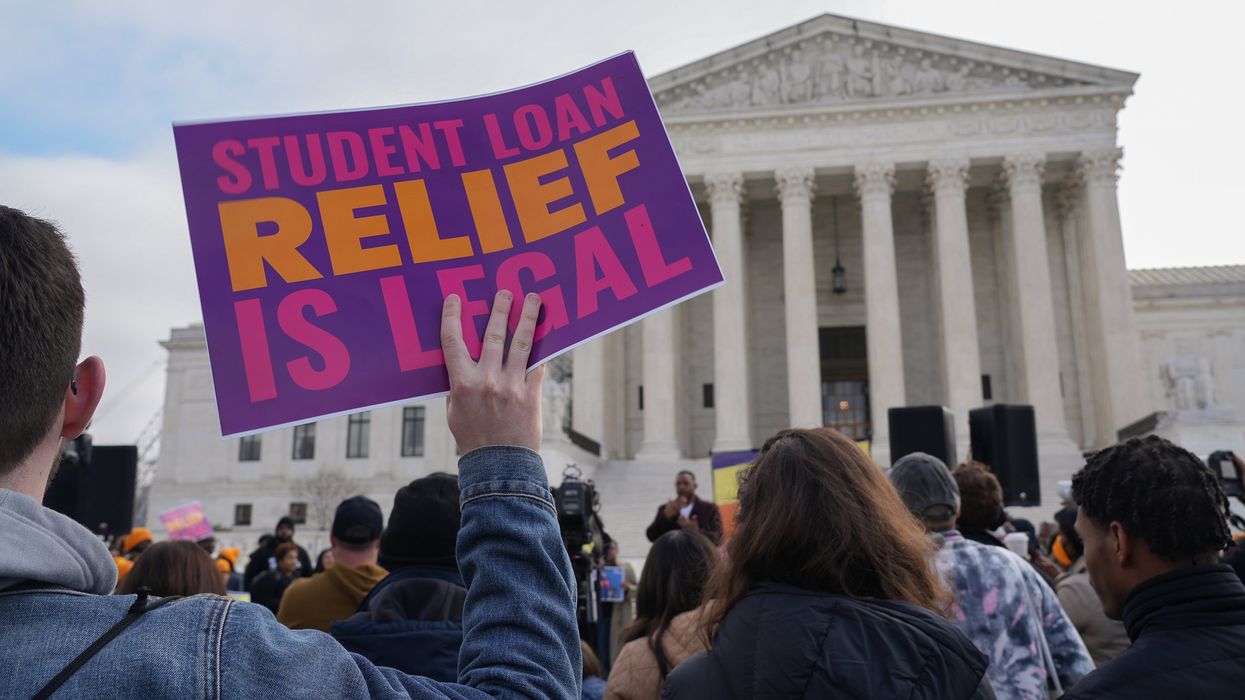Analysis
A surge of political violence has revived Colombia’s worst fears
On Saturday, a Colombian presidential candidate was shot in the head at a rally in the country’s capital, Bogotá. The violent episodehas many Colombians wondering if the country is headed back to a darker time.
Jun 11, 2025
